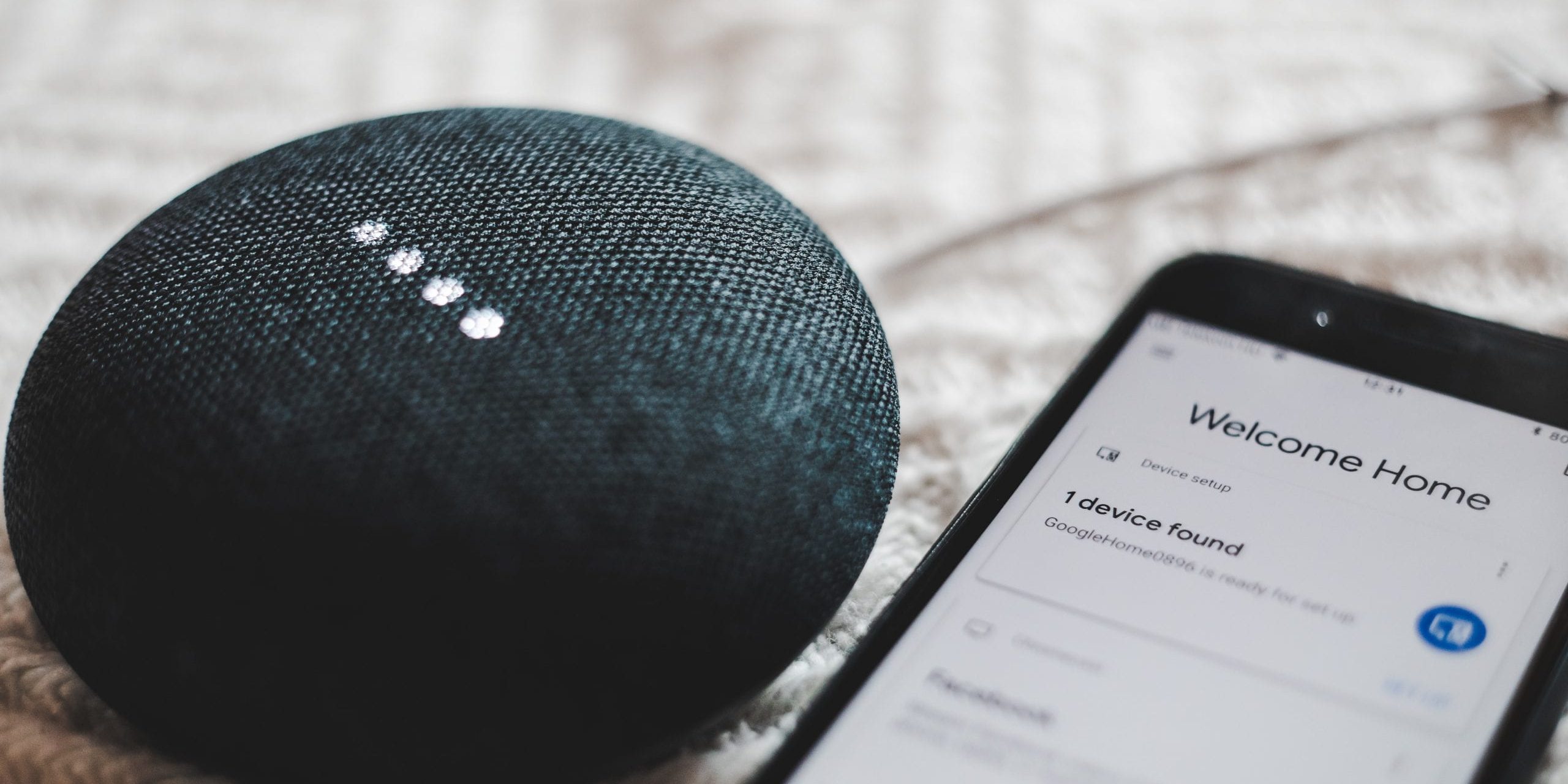Our lives are increasingly influenced by data and machines.
By 2027, Business Insider predicts over 41 billion devices will be plugged into the Internet of Things (IoT), generating a $2.4 trillion annual market. For context, roughly eight billion IoT devices existed in 2019.
What Is The Internet Of Things?
The term “Internet of Things” was coined in 1999 when British technologist Kevin Ashton used it to describe a global network that connects not just people but also the devices and the technology in their worlds.
In a modern sense, IoT can be exemplified by smart objects: light bulbs, refrigerators, door locks, thermostats, speakers/assistants, etc., that can be controlled remotely via Wifi-enabled devices like phones, computers, and even your voice.
As the IoT market grows and as machine learning and artificial intelligence (AI) become more intertwined with these devices, it’s clear we’re only scratching the surface of this technology.
The Artificial Intelligence Of Things
Artificial intelligence is so deeply embedded in IoT that it’s given rise to a new term altogether: the Artificial Intelligence of Things (AIoT). This is exactly what it sounds like: The integration of AI into IoT devices and infrastructure to predict behavior and to influence performance and outcomes.
Forbes.com enterprise writer Bernard Marr illustrates several examples of this, including smart retail and drone traffic monitoring.
With smart retail, camera systems capture customer data as people enter stores. The system can recognize gender and can estimate age and product preferences based on their current wardrobes. From there, the store can adjust its advertising and loudspeaker announcements, tailoring it to the current set of customers.
The Role Of Machine Learning
Machine learning is crucial to the successful implementation and integration of these ideas and systems.
For instance, by using smart sensors across equipment and devices, information such as temperature, pressure, vibration, and sound can be logged and analyzed. Per a recent study conducted by Deloitte Insights for Wired.com, machine learning can then “make operational predictions up to 20 times earlier (than traditional methods) and with greater accuracy.”
Research from Gartner, Inc., confirms that IoT is not going anywhere. As the integration of these smart devices into our daily lives progresses, staying ahead of the trends can set you apart from competitors.
Are you using IoT-connected devices in your business? Do you need to find engineers with a background in machine learning, artificial intelligence, or data science? Contact us at sales@recruitability.ai.







